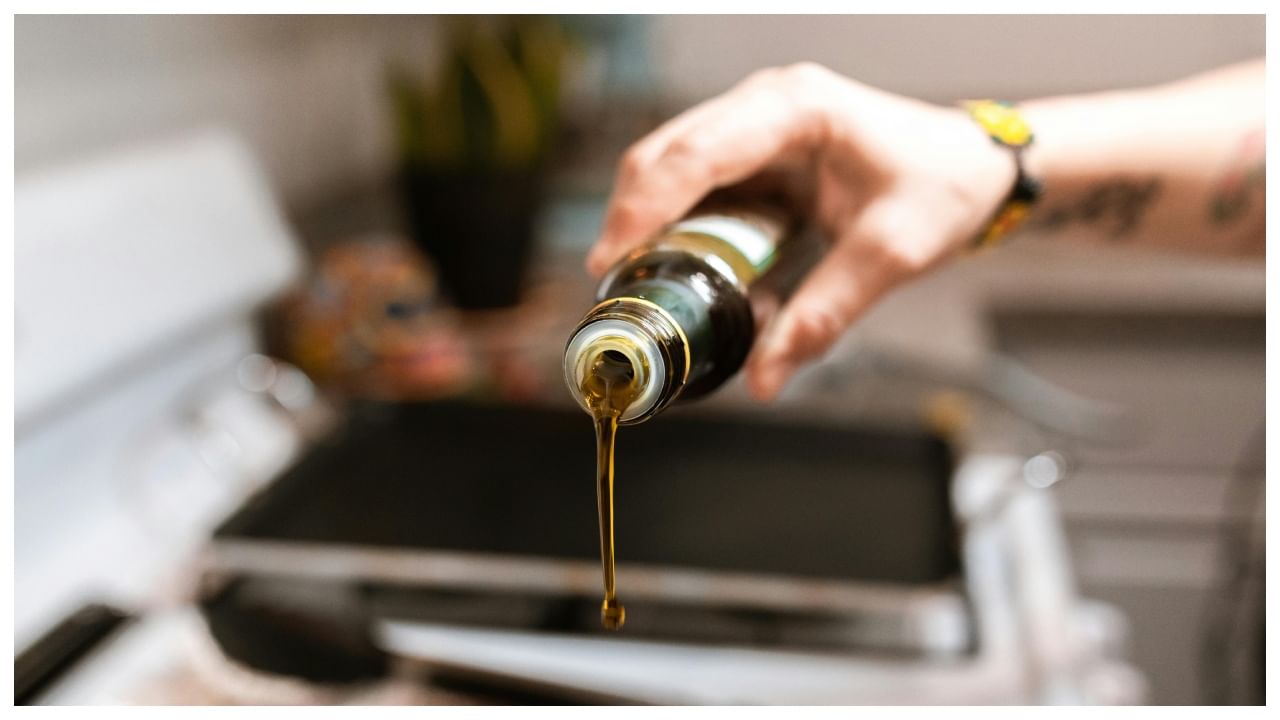New Delhi: A growing body of evidence suggests that what we eat can influence how our bodies respond to diseases like cancer. Scientists are now going beyond simple dietary observations to uncover the molecular and cellular mechanisms that connect food components with cancer progression. According to a new study from Weill Cornell Medicine, New York, there appears to be a link between linoleic acid and aggressive breast cancer. Linoleic acid is found in many types of cooking oil.
How does linoleic acid contribute to breast cancer risk?
Linoleic acid, also known as an omega-6 fatty acid, is found in everyday cooking oils like corn oil, soybean oil, and sunflower oil. On the one hand, this nutrient helps maintain healthy skin, and it also regulates inflammation; it can also stimulate a growth pathway in triple-negative breast cancer cells.
This type of cancer accounts for about 15% of all breast cancer cases, yet it tends to grow and spread more quickly than others. Researchers discovered that linoleic acid binds to a protein known as FABP5 (fatty acid-binding protein 5), which is present in high amounts in these cancer cells. This interaction activates the mTORC1 pathway, a key driver of cell growth and metabolism, promoting tumour development.
Evidence from lab and animal studies
In laboratory and animal experiments, mice fed a diet rich in linoleic acid developed larger tumours, suggesting that excessive intake could fuel cancer growth. Blood samples from patients with triple-negative breast cancer also showed higher levels of both FABP5 and linoleic acid, reinforcing the connection. Researchers noted that the discovery could go a long way in helping doctors offer nutrition-related advice to patients based on their respective state of health. The findings may also apply to cases of prostate cancer.
What is linoleic acid?
Linoleic acid is an essential nutrient that the human body requires. The body must derive it from food; however, a high-fat diet and a regimen that includes an excess of processed foods can contribute to chronic inflammation, which is a risk factor for diseases and cancer. Experts still urge caution, as previously, large-scale studies failed to find a link between linoleic acid and breast cancer risk.
Conclusion
The research also highlights a need to study specific forms of cancer. Scientists also stress that the findings do not mean that cooking oils can cause cancer. However, they can still have an impact, especially on high-risk groups. Health organisations stress the importance of a healthy, balanced diet including fruits and vegetables and wholegrains. These are not just associated with a healthy gut but also with a lower risk of chronic and acute diseases.
